Description
ABSTRACT
An Assessment of Nigerian Law on Take-Over Defences
Tiwalola Osazuwa,* Chioma Olibie** and Tobenna Nwosu***
Take-overs in Nigeria tend to be negotiated rather than forced. In the rare instance that a take-over starts off hostile, it is likely to be resolved into a friendly take-over. This change is arguably influenced by industry norms and the regulatory uncertainty about hostile take-overs. Despite being infrequent and being unrecognized by statute, the hostile take-over—and defences to it—deserves to be examined through the lens of corporate law. If a hostile take-over fails to resolve into a friendly one, what defences (as established and applied in other jurisdictions) would be practicable and stand the test of laws governing companies in Nigeria? This paper gauges the propriety of well known anti-takeover strategies given local legislation for companies.
Keywords: Bid, Purchase, Directors, Shareholders, Rights, Resolution, Commission.
FRAMEWORK FOR TAKE-OVERS IN NIGERIA
Negotiations for a take-over imply that one company is interested in assuming control of another company by acquiring most of the other company’s shares. The company considering an offer to have its affairs taken over is the target. If negotiations succeed and a final offer is accepted, the target’s shareholders will be paid cash and/ or shares in the acquirer. This type of take-over, where parties dialogue and seek to be on the same page, will have fewer hurdles to completion than one lacking support from management and shareholders. When negotiations for a take-over are opposed or discontinued by a target, the bidder/potential acquirer could suspend or abandon its take-over attempt—or assume a more aggressive stance. The hostility in a take-over could be discreet (for example, piecemeal purchases and gradual accumulation of the target’s shares) or overt. A target faced with the threat of having control wrested from it, against the wishes of its directors and shareholders, has every right to resist the unwanted bidder and strengthen control over its interests.
Achieving control of a public company through threshold acquisition of its shares is a highly regulated pursuit in Nigeria. The Investment and Securities Act 2004 empowers the Securities and Exchange Commission to decide how take-over of a public company should be executed.1 Against the provisions of the Federal Competition and Consumer Protection Act, competition, anti-trust and consumer protection issues in a proposed take-over are assessed. The Companies and Allied Matters Act2 is an indispensable reference, as are the SEC Rules and Regulations 2013.3 Case law on the subject of take-overs, let alone hostile take-overs, is notably scant. Statutory silence onhostile take-overs implies that this type of take-over is not outlawed even if not endorsed.
* Senior Associate, Aelex.
** LL.M, Queen Mary University of London.Senior Associate, Aelex.
*** Associate, Aelex.
- No 29 2007.
- Companies and Allied Matters Act 2020, Gazette 124(107) (CAMA).
- Rules and Regulations of the Securities and Exchange Commission, 2013 (SEC Rules) accessed 17 November 2021.

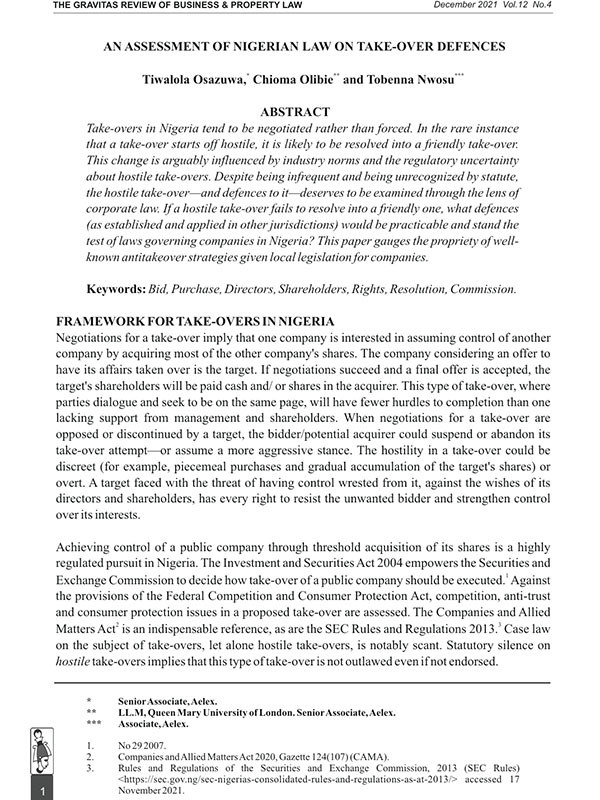
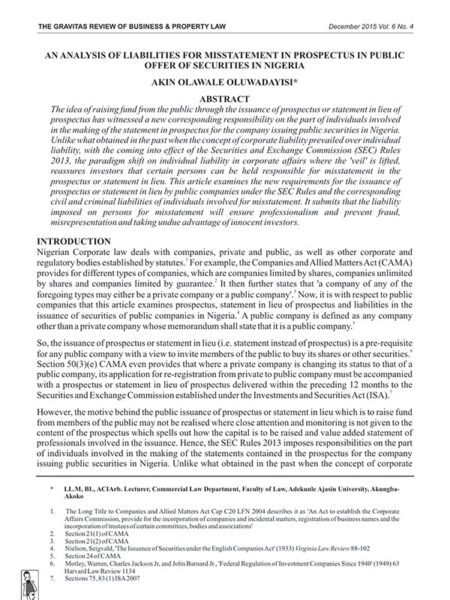
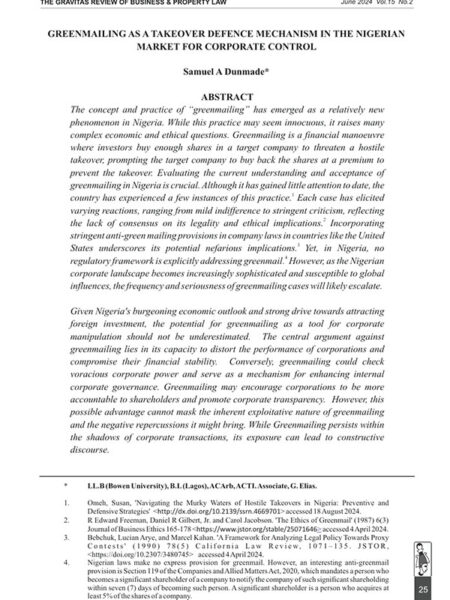
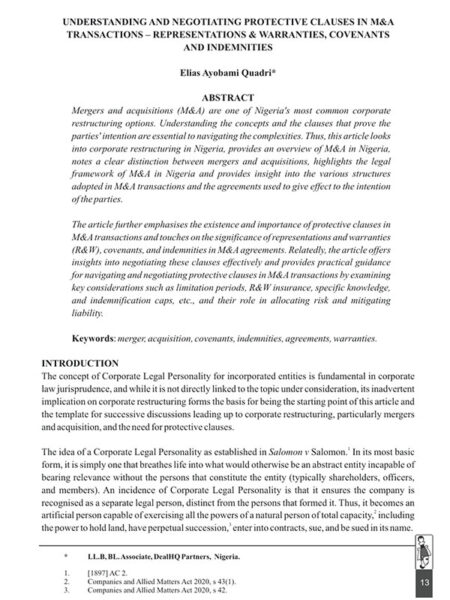
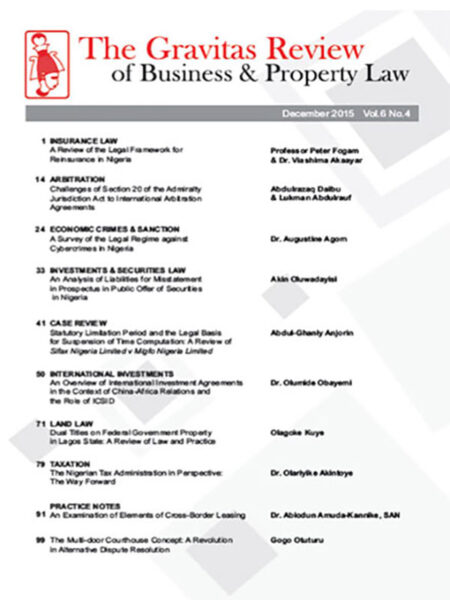


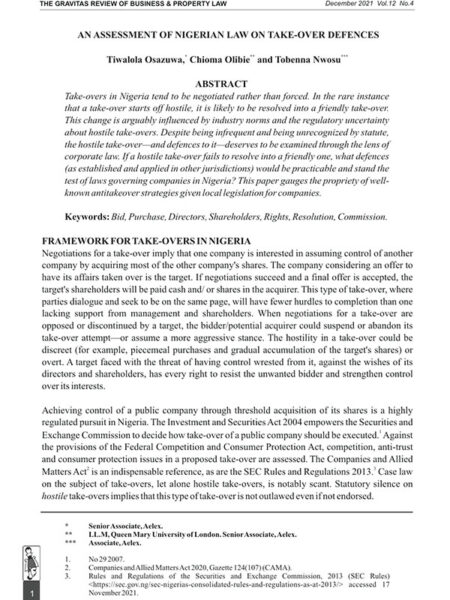
Reviews
There are no reviews yet.